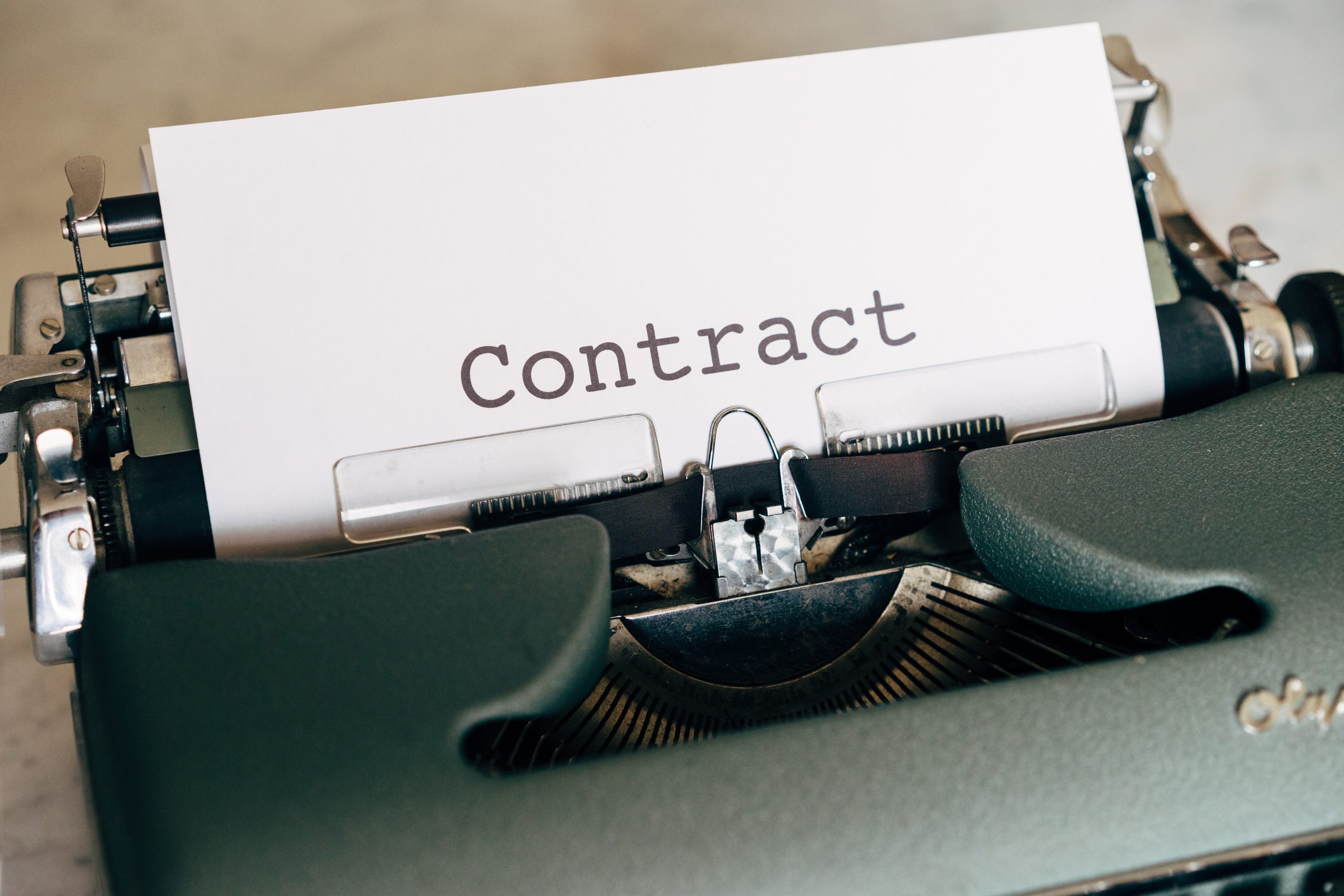With the way the building industry is at the moment, the increased financial pressures and the delays in materials and labour, many clients (both owners and builders) are asking us if it is possible to “get out of” (terminate) their building contract. The answer is, “it depends”. That is because each case has its own unique set of facts and circumstances.
In Queensland, there are three main ways to terminate a building contract, this is by termination pursuant:
- to the contract; or
- to a right at common law (that is things that are not usually included in the Contract but may give you a right to terminate); or
- by mutual agreement.
In this article, we explain a brief process of each of the above, provide some general advice regarding risks and commercial considerations for you.
Obviously, this article is of a general nature and is not legal advice you should obtain legal advice specific to your particular case. Feel free to get in touch with one of our building and construction lawyers today.
Termination pursuant to the Contract
There are three main forms of contracts used in Queensland for residential building contracts published by the following bodies:
- Master Builders Queensland;
- Queensland Building and Construction Commission; and
- Housing Industry Association.
Each of the contracts published by these bodies stipulates a process for a homeowner to terminate the contract. They usually require:
- the homeowner to issue a notice that sets out how the builder is in substantial breach of the contract, in particular the clauses they are in breach of;
- the owner to provide at least two weeks for them to rectify the breaches;
- to specify in the notice that that the owner intends to terminate the contract if the breaches are not rectified; and
- that the notice be served by a prescribed method. Some contracts require registered post or hand delivery and not by email.
The alleged breaches need to be “substantial”.
Substantial breaches by a builder usually include:
- failure to carry out work with reasonable diligence;
- failure to use new materials;
- having the builder’s licence suspended by the QBCC; and
- suspending works due to a disagreement with the owner however, not in accordance with the building contract,
Substantial breaches by a homeowner usually include:
- not paying the builder a progress claim in accordance with the Contract;
- obstructing access to site; and
- failure to approve a variation to comply with a legislative requirement;
If the builder or owner are in substantial breach, you will need to issue a notice to remedy breach as set out above.
If you have grounds to terminate the contract, and it is held to be valid, then you may be able to lodge a claim under the QBCC Home Warranty Scheme.
Terminaton at common law
There are various complexed ways that a builder may be in breach of the contract at common law.
These are essentially ways that the builder could be in breach in a way that is not expressly stipulated in the contract.
For example, the builder may be in breach by refusing to perform the balance of the works if you don’t pay an increased price by way of a variation that the builder is not entitled to. Likewise, an owner may be in breach for refusing to pay the builder for work that they have undertaken.
Termination by mutual agreement
Sometimes relationships become untenable, and you may no longer wish to proceed with building process. An option is that both parties mutually terminate the contract. This allows the builder to move on to the next project however, it also allows the owner to come in and take over the build with another builder.
What happens after the contract is terminated?
If you have grounds to terminate the contract, and it is held to be valid, then you may be able to lodge a claim under the for non-completion.
You can lodge a claim with the QBCC online. There are strict lodgment timeframes to lodge a claim so it is critical that you lodge a claim as soon as possible.
What happens if I don't terminate the Contract correctly?
If you don’t terminate a contract correctly, then it will be considered an unlawful termination. For example, the breaches you set out may not be deemed serious enough to give rise to a right of termination.
What this means for you as a homeowner is that the builder has a legal right to pursue you for profits that it would have made on the balance of the contract, legal costs, interest and potentially other losses.
Likewise, what this means as a builder is that the owner could at least pursue you for costs to complete the home over and above the contract price.
What information do i need to provide to my lawyer?
Before you speak to a lawyer, it is important that you get your documents together. You will need to provide at least:
- a copy of the contract;
- the current status of the works;
- copies of all payment claims/invoices;
- copies of all variations and extensions of time; and
- details of the items that you think they are in breach of and why you think they are breaches.
This will assist your lawyer in being able to correctly advise you.

